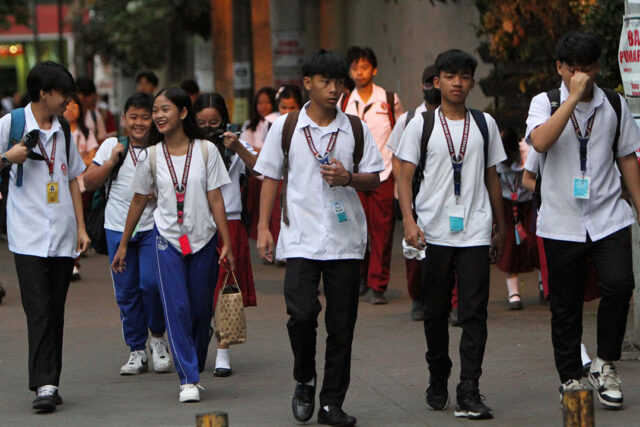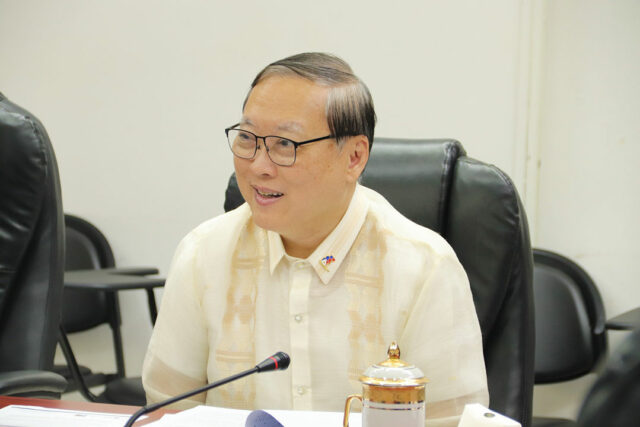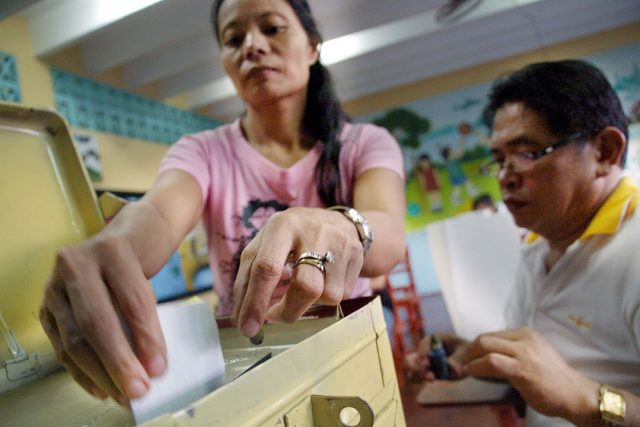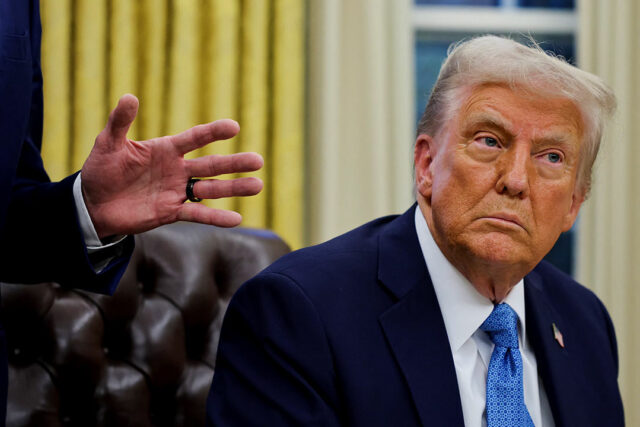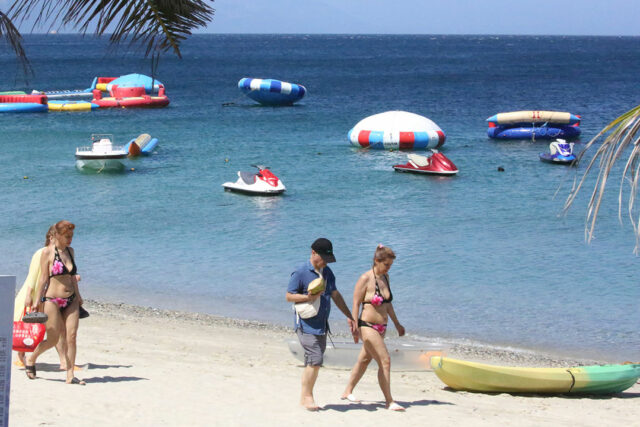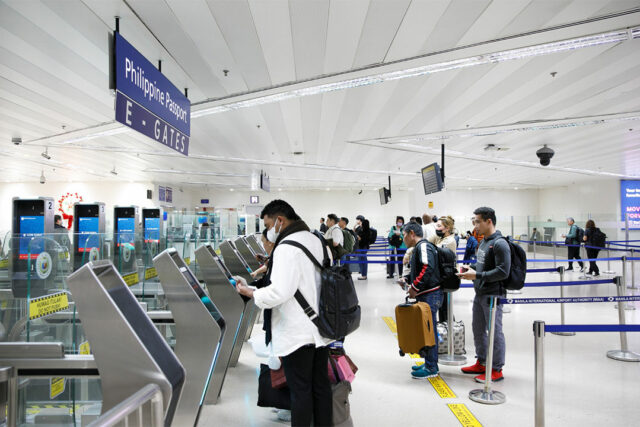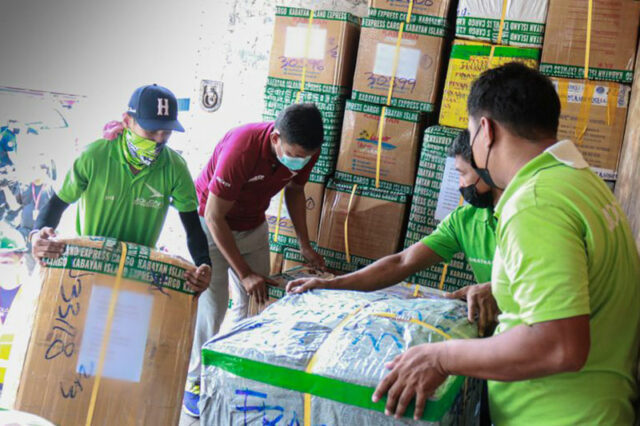Stricter food labeling sought in PHL to fight obesity
THE United Nations Children’s Fund (UNICEF) and health organizations urged the Philippines to increase funding for obesity prevention and impose stricter food policies.
This includes stricter regulations in package labeling, sugar regulations and tighter food marketing laws, sentiments shared by the World Health Organization (WHO) and National Nutrition Council.
“Policies must ban unhealthy food in schools, curb misleading advertising and ensure public food programs prioritize nutrition and sustainability,” it said in a statement on March 4.
UNICEF said one of 10 Filipino children and four of 10 adults are overweight or obese — considered high by global standards.
A bill on health food marketing is pending at a House of Representatives committee. The measure mandates warning labels in front of the package so consumers know nutrition information and prescribed thresholds for energy, fat, sodium and sugar.
It also regulates marketing on various media and in locations frequented by children.
“We must work hand in hand in rethinking how food is produced, marketed and made available to create an environment where nutritious options are within reach for every child, everywhere,” UNICEF Philippines Acting Representative Behzad Noubary said in the statement.
Misleading nutrition claims make it difficult for Filipino families to opt for nutritious food. Some products that target to children often hide their nutritional content.
However, labeling alone is enough, UNICEF said, suggesting limiting sales in schools and imposing higher penalties on companies that violate the labeling laws.
“Additionally, sustained government funding for nutrition programs and regulatory enforcement is crucial for long-term impact,” it said.
UNICEF also urged food manufacturers and retailers to improve product selection, pricing and placement for healthier options.
Restaurants and food outlets, including fast-food chains, should expand nutritious meal choices and adjust portion sizes, it added. — Aubrey Rose A. Inosante


